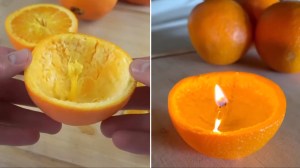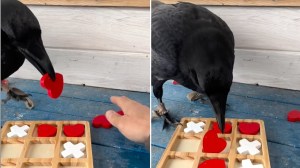In Octopi, Platypi, Walri, Oh My!, linguist Arika Okrent and illustrator Sean O’Neill verbally and visually explain what determines how certain English words ending in ‘us’ are pluralized per the linguistic rules of Latin declension.
Octopus, platypus, walrus–there’s something about that -us ending that makes us hesitate when we want to make a plural. The hesitation comes from an influential little cluster of irregular nouns in English that come from Latin and use a Latin plural. These words all have something in common. They belong to the Latin 2nd declension. About that, you don’t need to know more than that for Latin words, the declension group determines what kind of endings the word will get. So you can have a word that ends in -us, but gets a different plural ending. These words are 3rd declension: Which brings us to the octopus (and the platypus, and the rhinoceros too!) They are 3rd declension, so they don’t get the -i ending in Latin. In the plural they would properly be octopodes, platypodes, and rhinocerotes. …After all, we are speaking English here. So go ahead with octopuses, rhinoceroses, hippopotamuses, and walruses. They may seem less noble and exciting but at least you can be sure they’re all perfectly good English.






